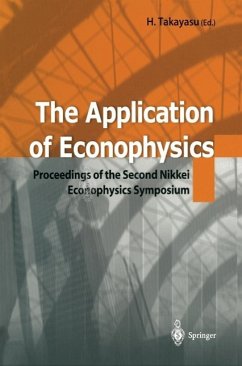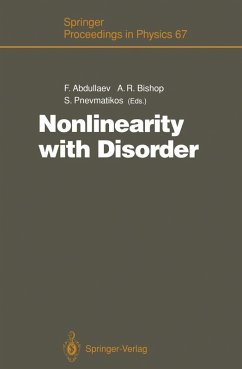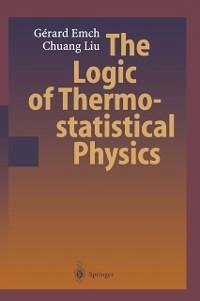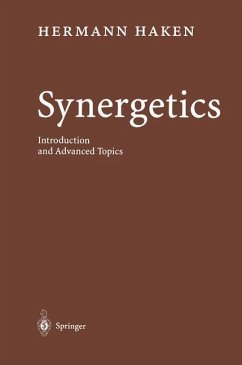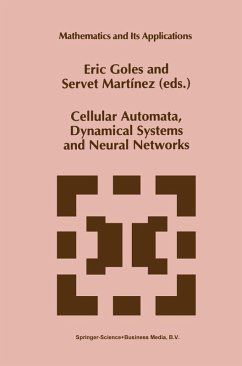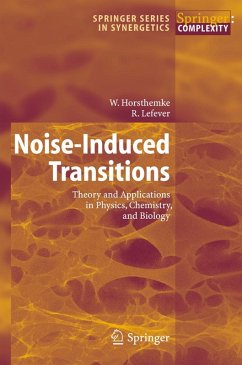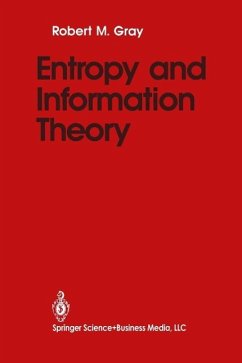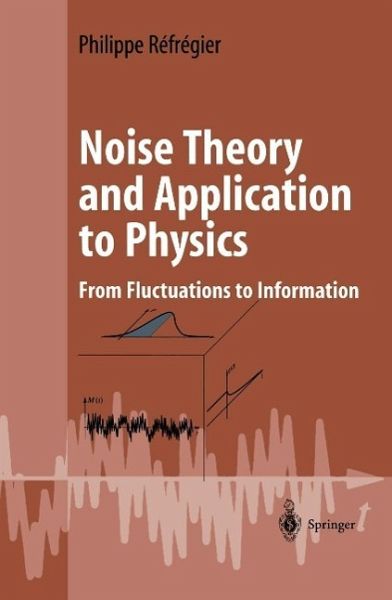
Noise Theory and Application to Physics (eBook, PDF)
From Fluctuations to Information
Versandkostenfrei!
Sofort per Download lieferbar
40,95 €
inkl. MwSt.
Weitere Ausgaben:

PAYBACK Punkte
20 °P sammeln!
Noise in physics is related to a variety of domains, such as information theory, statistical physics, probability, stochastic processes and statistics. Noise Theory and Application to Physics provides a general background on noise theory, along with techniques to describe and extract information in the presence of fluctuations, with the goal of featuring noise in the context of its connection with other domains. Readers will gain a deep understanding of noise theory, while acquiring systematic techniques for describing and extracting noise data.
Dieser Download kann aus rechtlichen Gründen nur mit Rechnungsadresse in A, B, BG, CY, CZ, D, DK, EW, E, FIN, F, GR, HR, H, IRL, I, LT, L, LR, M, NL, PL, P, R, S, SLO, SK ausgeliefert werden.



